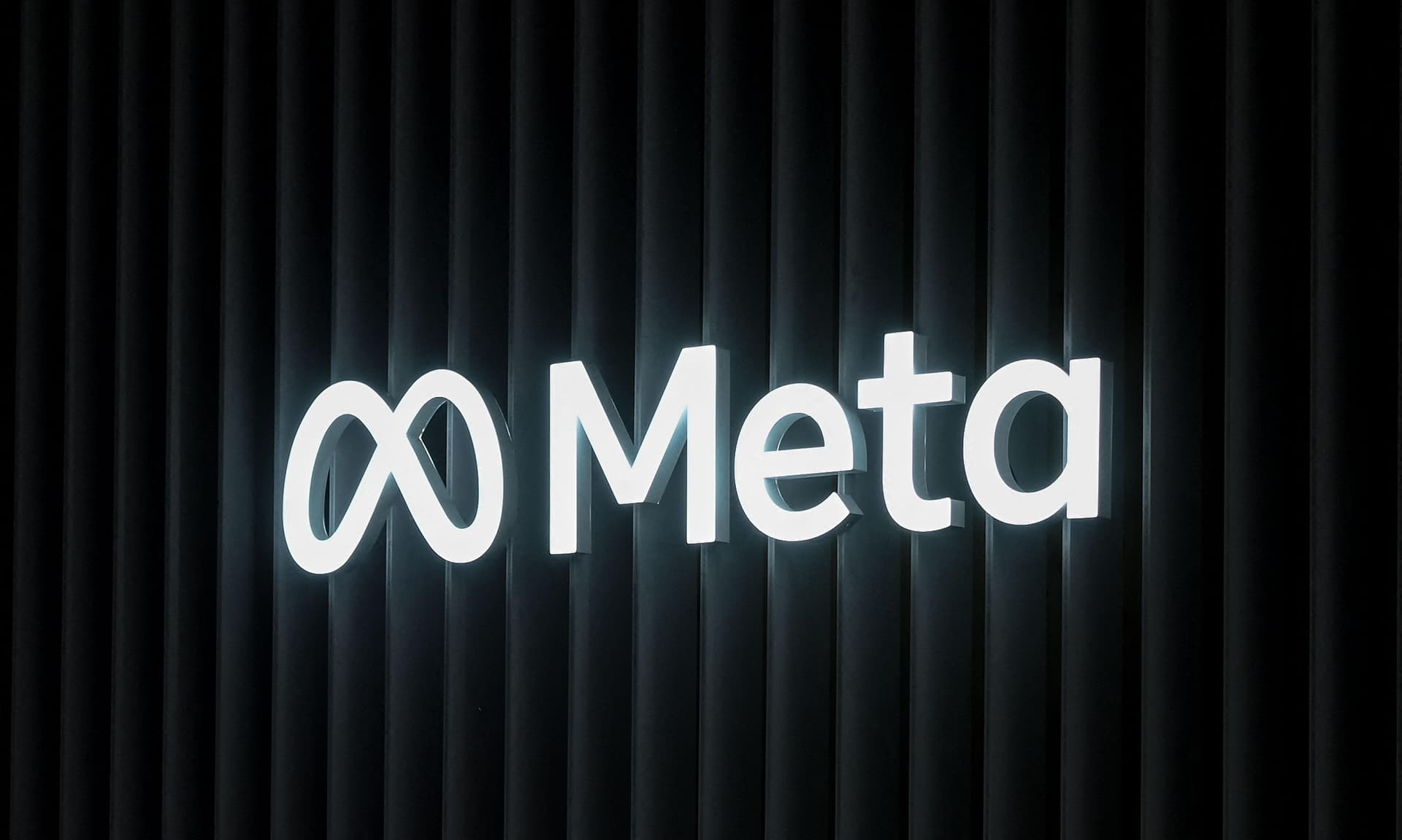Meta in Talks to Buy Google Accelerators, Challenging Nvidia Dominance
Meta Platforms is reportedly negotiating a multiyear multibillion dollar purchase of Google accelerator chips for use in its data centers beginning around 2027, according to industry reports. If completed the agreement would represent a significant commercial win for Google and escalate competition with Nvidia as hyperscale customers look for alternatives for AI training and inference.

Meta Platforms is in talks to buy accelerator chips from Google for use in its data centers starting around 2027, according to industry reports published on November 25, 2025. The discussions, described as multiyear and multibillion dollar in scope, reflect a deepening contest for the hardware that powers large scale artificial intelligence workloads, and would represent a notable commercial breakthrough for Google in the chip market.
Google has been designing custom accelerators for years and offers those processors inside its cloud platform. A deal with Meta would move the company beyond offering silicon mainly as a cloud service and into a more direct supplier role to one of the biggest purchasers of compute in the world. For Meta, the potential agreement would diversify a supply chain long dominated by Nvidia GPUs and give its data center operations additional leverage over pricing and capacity planning.
The talks underscore a broader industry shift as hyperscale cloud operators and AI firms press for alternatives to a single dominant vendor. Companies running large scale training and inference workloads are seeking chips that deliver competitive performance while offering different tradeoffs in energy efficiency integration and software support. Vendors including Google and others have poured resources into building accelerators that can scale on cost and power, aiming to capture portions of a market that has been a key driver of global semiconductor demand.
Technical and logistical challenges remain even if a commercial agreement is struck. Integrating a new class of accelerators into existing infrastructure requires significant software work to ensure models run efficiently and securely. Engineers must adapt training pipelines and inference stacks to a new instruction set and runtime. The transition also involves supply commitments and long lead times for procurement and deployment, which helps explain the planned start date of 2027 in the industry reports.

A contract of the size described would have strategic implications across the AI ecosystem. It would boost Google’s credibility as a supplier of AI hardware and could prompt other large buyers to explore similar arrangements, compressing margins in a market where Nvidia has been the most prominent vendor. For Nvidia the prospect of losing some hyperscale volume could accelerate efforts to maintain performance leadership and to expand partnerships and software services that lock in customers.
Neither Meta nor Google publicly confirmed the terms of the reported negotiations at the time of publication. Industry observers will watch whether the talks yield binding commitments and how swiftly the technology can be adapted for Meta’s complex workloads.
Beyond competitive dynamics the possible deal highlights wider questions about concentration of power in AI infrastructure, the environmental footprint of expanding compute capacity and the balance between proprietary and open hardware stacks. As companies race to scale large language models and other AI systems the choices they make about chips will shape both technological performance and the political economy of the industry for years to come.


